Providing a Safe and Functional Community for Cancer Survivors
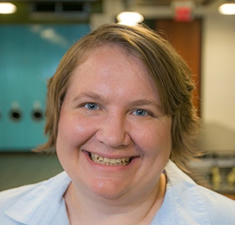 Online communities are can be essential for people impacted by illness. For those directly affected, their families, and support systems, these communities can provide a much needed place to share experiences, to vent, and to learn about different symptoms, treatments, and the intricacies of navigating the healthcare system. For our guest, Amanda Petersen, Planet Cancer provided such a community as she fought breast cancer in her early twenties.
Online communities are can be essential for people impacted by illness. For those directly affected, their families, and support systems, these communities can provide a much needed place to share experiences, to vent, and to learn about different symptoms, treatments, and the intricacies of navigating the healthcare system. For our guest, Amanda Petersen, Planet Cancer provided such a community as she fought breast cancer in her early twenties.
Amanda has since continued to be an active contributor and moderator in online spaces dedicated to providing a safe and functional community for cancer survivors. In this conversation, she talks about the role that Planet Cancer played in her life in addition to why she felt motivated to start participating in r/breastcancer. The community exists and is functional because of its people –– people like Amanda that help to moderate the space and people that are looking to connect with others and find support in their journeys.
Whether a moderator takes a break or community members sadly pass away or move on, the rules that they have created and the space that they’ve fostered will continue to provide a meaningful community for cancer survivors.
Amanda and Patrick also discuss:
- Rules that are representative of the community they serve and protect
- The emotional labor of managing a community of care
- How Planet Cancer helped Amanda through her own journey with cancer
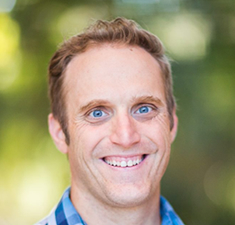 As community leaders, we’re responsible for people. The people in our communities and the people that serve them. In this episode,
As community leaders, we’re responsible for people. The people in our communities and the people that serve them. In this episode,  By now, even if you’re not super well-versed in the terminology of Web3, you’ve probably encountered some of the conversation around its relationship with community.
By now, even if you’re not super well-versed in the terminology of Web3, you’ve probably encountered some of the conversation around its relationship with community. When was the last time that you trusted your community with the responsibility of collaboration? In this episode of Community Signal,
When was the last time that you trusted your community with the responsibility of collaboration? In this episode of Community Signal,  What metrics and indicators of success are you, your colleagues, and community excited about for 2022? Whether you’re hoping to better demonstrate the impact of the community on your business’ bottom line, foster safer experiences for your members across the communities they are part of, or want to focus on establishing better boundaries for you and your team, this conversation with
What metrics and indicators of success are you, your colleagues, and community excited about for 2022? Whether you’re hoping to better demonstrate the impact of the community on your business’ bottom line, foster safer experiences for your members across the communities they are part of, or want to focus on establishing better boundaries for you and your team, this conversation with  Do you have a 60-second pitch for your community? In this episode of Community Signal,
Do you have a 60-second pitch for your community? In this episode of Community Signal, 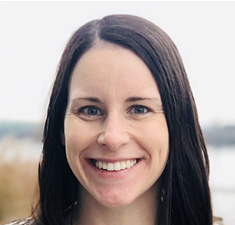 Are you able to step away from your community for days at a time? When you return, are your team and the community still running smoothly? If you answered yes to these questions, then congratulations! Whether it’s documentation, systems, or setting proper expectations with your boss and colleagues, those boundaries and structure are crucial, not just for yourself, but for the people around you and the community itself.
Are you able to step away from your community for days at a time? When you return, are your team and the community still running smoothly? If you answered yes to these questions, then congratulations! Whether it’s documentation, systems, or setting proper expectations with your boss and colleagues, those boundaries and structure are crucial, not just for yourself, but for the people around you and the community itself. 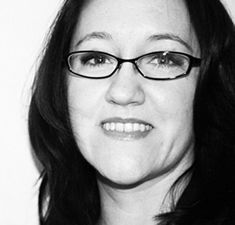 Earlier this month, blogging pioneer
Earlier this month, blogging pioneer 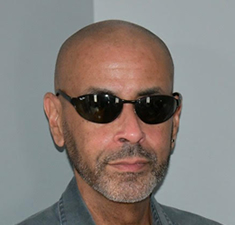 If you work in content moderation or with a team that specializes in content moderation, then you know that the fight against child sexual abuse material (CSAM) is a challenging one. The New York Times
If you work in content moderation or with a team that specializes in content moderation, then you know that the fight against child sexual abuse material (CSAM) is a challenging one. The New York Times 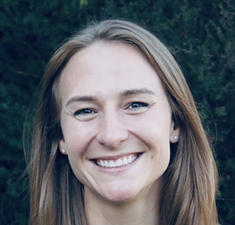 As community practitioners, we often serve communities that we don’t necessarily belong to. But how would you approach designing a community platform, events, and policies for a demographic that you don’t belong to?
As community practitioners, we often serve communities that we don’t necessarily belong to. But how would you approach designing a community platform, events, and policies for a demographic that you don’t belong to?